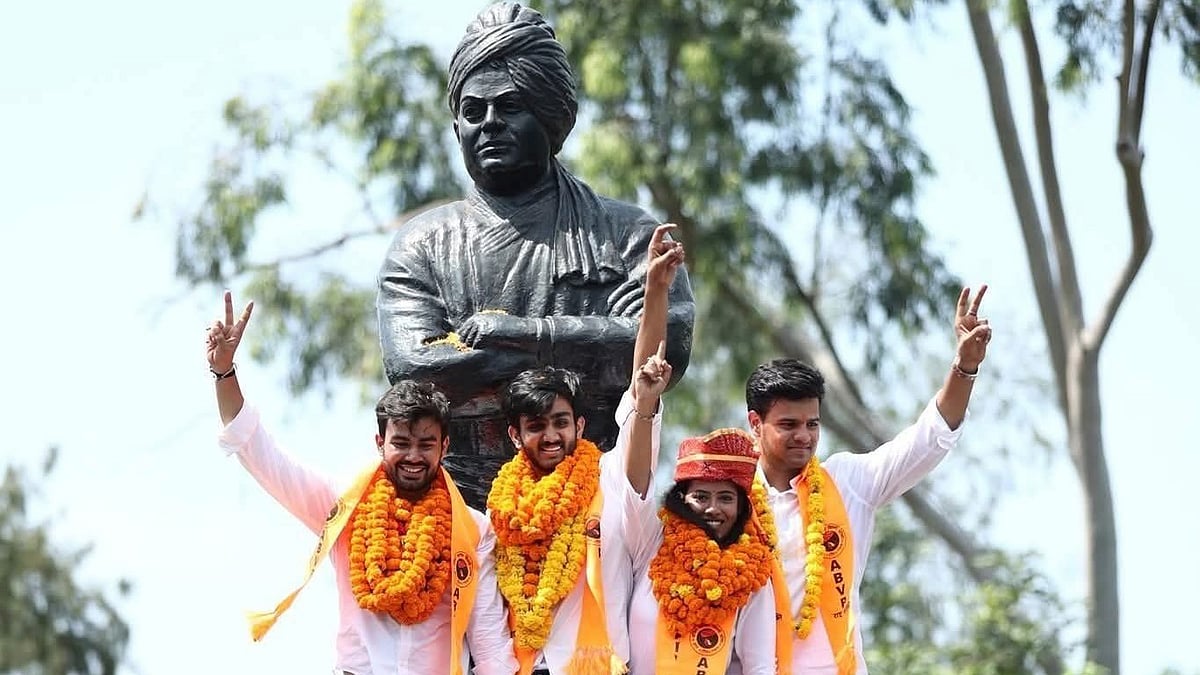In a scientific development, researchers at the Indian Institute of Science Education and Research, Bhopal (IISER Bhopal), led by Prof Abhijit Patra, have revealed a novel photocatalyst on Jan 4. This discovery, named 'UC-POP-Au,' is a material designed to capture all types of light, potentially changing the game in a scientific process called photocatalysis. But what does this mean for everyone, especially students?
Photocatalysis is a process to make certain chemical reactions happen faster by using special substances called catalysts. These catalysts don't get used up in the process; instead, they join in the reaction when light is absorbed by the chemicals involved. So, it's like having helpers that speed up a chemical party when light is around, and they don't run out of energy themselves.
Talking to The Free Press Journal (FPJ), Prof. Patra revealed that this new material can redefine 'photocatalysis' and provide more opportunities for students. In simpler terms, 'UC-POP-Au' is like a super-ingredient that can help speed up chemical processes.
Talking about the array of benefits and opportunities for aspiring students, he said, "Beyond its potential to revolutionise chemical processes, UC-POP-Au opens up exciting avenues for students. They can engage practically with the concept of photocatalysis, gaining hands-on experience in the fabrication of photocatalysts and acquiring various spectroscopic and electrochemical characterisation techniques."
He further claimed that this development serves as a valuable example, enabling students to grasp the wider impact of technology in tackling environmental and social issues.
Elaborating on the future of photocatalysis, Prof. Patra explained that in the overall patterns and potential advancements in the field of photocatalysis, there are several factors to consider for the next ten years. He explained, "These include enhancing efficiency and selectivity, utilising sustainable energy sources such as solar power, broadening the range of applications, and exploring artificial photosynthesis."
Looking ahead, Prof. Patra talked about the future of photocatalysis, explaining how it might become more efficient and use sustainable energy like sunlight. He also highlighted potential career paths for students interested in materials science or chemistry, as this breakthrough could open up new opportunities.
According to Prof. Patra, schools and colleges should support students in research, and create opportunities and mentorship programmes. He also conveyed that by promoting an environment of creativity, educational establishments can enable students to participate in advanced research.
"To all future scientists, your journey is not just about academics. It's a chance to shape the future of science and make a positive impact globally. Your contributions can lead to incredible advancements and help tackle important challenges we face", he advised future scientists.











